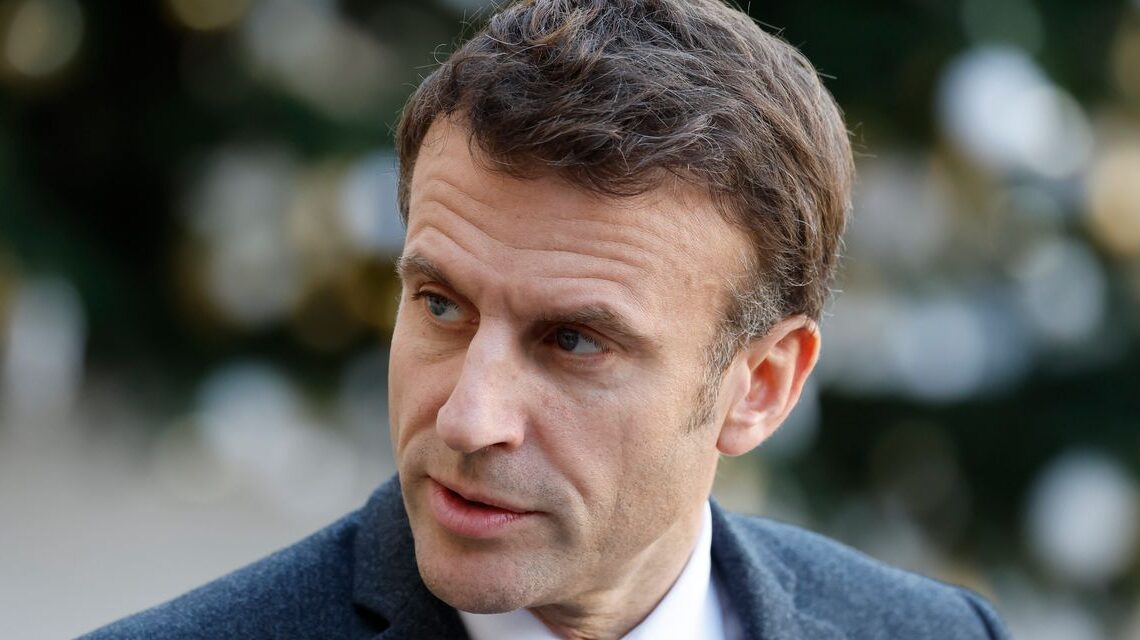Mr. Macron’s government is meeting with unions this week, putting an explosive issue back on the table as the country navigates the economic fallout of the war in Ukraine. The government said it would detail the proposed measures next week.
Revamping the country’s pension system was one the main planks of Mr. Macron’s election platform when he was re-elected president in April. The French leader plans to increase the age of retirement from 62 years old by two or three years, because he says it is the only way to preserve France’s social model without raising taxes or increasing the country’s debt. The fight throws into question Mr. Macron’s ability to enact his political agenda during his second term in office.
Unions say raising the country’s retirement age is unnecessary and would penalize people who started working at a young age.
“We are determined to prevent this reform—which will primarily hit workers of modest means— from going through,” said Laurent Berger, the general secretary of the CFDT, France’s largest union, after meeting with French Prime Minister Élisabeth Borne on Tuesday, ahead of more meetings on Wednesday.
“That means strikes, and protests,” said Frédéric Souillot, the general secretary of Force Ouvrière, another French union.
France’s pension system recorded a profit of 900 million euros, equivalent to $955 million, in 2021 and is expected to post a €3.2 billion profit in 2022, according to a recent report by a pension advisory panel. But the system will start losing money after 2022, and could eventually threaten the government deficit-reduction targets, the report added. Mr. Macron’s government aims to reduce the public-sector budget deficit to below a European Union ceiling of 3% of economic output in 2027 from 5% in 2022.
The pension overhaul “aims to ensure the balance of our system for the years and decades to come,” Mr. Macron said in a New Year speech last week. “We need to work longer,” he added. The new rules, he said, would come into force by the end of this summer.
The French president is also set to struggle to gather support for the measure among lawmakers. Mr. Macron lost his majority in the National Assembly, France’s lower house of parliament, in June, as the war in Ukraine and its impact on fuel and food prices took a political toll on the French leader.
…
Click Here to Read the Full Original Article at WSJ.com: World News…

